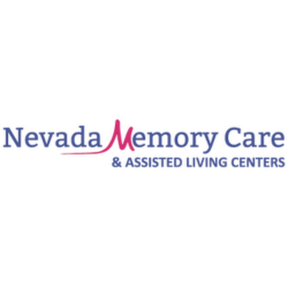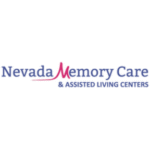When families choose an assisted living facility for their loved ones, they look for more than just comfortable room or beautiful surroundings. One of the most important things they consider is the quality of care provided — and that care depends heavily on the skills, training, and dedication of the staff. In assisted living services, trained staff are the heart of daily operations. They make sure residents are safe, healthy, and living with dignity.
This article explains why trained staff are essential in assisted living, what roles they play, and how their expertise impacts the overall quality of life for residents.
1. Ensuring Safety and Security
Safety is a top priority in Assisted Living Communities. Trained staff are equipped with the knowledge to prevent accidents, handle emergencies, and create a secure environment. They are often trained in first aid, CPR, and fall prevention techniques.
For example, many residents may have mobility issues or medical conditions that require careful monitoring. A trained caregiver knows how to help someone move from a chair to a bed without causing injury. They also understand how to recognize early signs of health problems — such as difficulty breathing, confusion, or sudden weakness — and can take quick action before the situation becomes serious.
By being alert and proactive, trained staff reduce risks and give families peace of mind knowing their loved ones are in safe hands.
2. Providing Personalized Care
No two residents in an assisted living facility are the same. Each person has unique needs, preferences, and health conditions. Trained staff are taught how to create personalized care plans that match each resident’s requirements.
This could mean assisting with daily activities like bathing, dressing, or eating, but it also involves understanding personal preferences — such as the type of food they like, their daily routines, or cultural and religious practices. Staff members with proper training can balance medical needs with emotional comfort, ensuring that residents feel respected and valued.
3. Supporting Medical and Health Needs
While assisted living is not the same as a nursing home, residents often require some medical support. Trained staff, such as certified nursing assistants (CNAs) or medication aides, are essential in this area. They help manage medications, check vital signs, and coordinate with doctors or nurses when needed.
Medication management is especially important. A small mistake in dosage or timing can cause serious health issues. Trained staff follow strict guidelines to make sure medications are given safely and on time. They also watch for side effects or changes in a resident’s health and report them promptly.
4. Promoting Emotional Well-Being
Good assisted living care is not just about meeting physical needs — it’s also about emotional health. Trained staff are often trained in communication skills, empathy, and techniques to support residents who may feel lonely, anxious, or depressed.
They build relationships with residents, learn their life stories, and offer companionship. A simple conversation, shared laugh, or patient listening ear can make a huge difference in a resident’s day. Staff members also encourage social interaction by involving residents in group activities, hobbies, and community events, which help prevent feelings of isolation.
5. Maintaining Professional Standards
Assisted living facilities must meet certain legal and regulatory requirements. Trained staff are educated on these standards to ensure they follow proper care procedures, protect residents’ rights, and maintain accurate records.
This professionalism also extends to respecting privacy, maintaining confidentiality, and handling sensitive situations with care. Well-trained staff understand that assisted living is not just a workplace — it’s the residents’ home — and they act accordingly.
6. Handling Specialized Care Needs
Some residents have conditions like dementia, Alzheimer’s disease, Parkinson’s, or mobility impairments. These situations require special knowledge and skills. Staff who receive advanced training in Memory Health Care or specialized therapies can provide the right kind of support for these residents.
For example, dementia care training teaches staff how to communicate effectively with residents who may have trouble remembering or understanding. They learn how to reduce confusion, prevent frustration, and create a calm environment. This specialized attention improves the resident’s quality of life and helps manage symptoms more effectively.
7. Building Trust with Families
Families entrust their loved ones to assisted living facilities because they believe their needs will be met with compassion and skill. Trained staff play a huge role in maintaining that trust. By keeping families informed, responding quickly to concerns, and showing genuine care, they create a strong bond between the facility and the residents’ families.
When families see that their loved ones are happy, healthy, and treated with respect, they feel confident in their choice of assisted living services.
Final Thoughts
The role of trained staff in assisted living services cannot be overstated. They are the backbone of daily care, combining professional skills with empathy to create a safe, supportive, and comfortable environment for residents. From managing medications to offering a friendly conversation, every action they take contributes to a better quality of life.
When choosing an assisted living facility, families should pay close attention to the training, qualifications, and attitude of the staff. After all, beautiful buildings and amenities mean little without dedicated, well-trained caregivers who make the residents feel truly at home.






